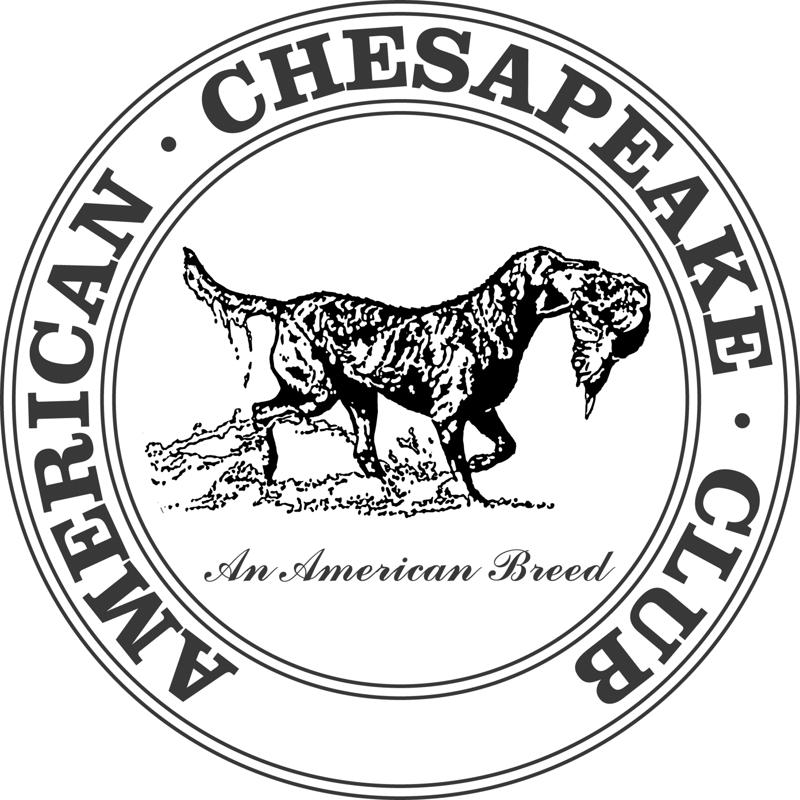The Chesapeake Bay retriever is among a handful of sporting dogs made in the USA
By Gary KoehlerThe legend and lore of the Chesapeake Bay retriever percolates somewhat mysteriously from this breed's Atlantic Flyway beginnings. Conflicting historical anecdotes still collide occasionally, with the only agreed-upon detail being that the Chessie bloodline can be traced to Maryland, where this retriever has reigned as the official state dog for nearly 50 years.
Most sources acknowledge that the Chessie's story began in 1807, when an American ship, the Canton, came across a distressed British brig bound from Newfoundland to England. Two lesser Newfoundland puppies (also described as St. John's water dogs) were found on board and subsequently purchased. The reddish brown male pup was named Sailor and the black female was named Canton, in honor of the rescue ship.
Sailor was sold to Governor Edward Lloyd, of Talbot County, and became the sire of the Eastern Shore strain of Chesapeake Bay ducking dogs. Canton was acquired by Dr. James Stewart, of Sparrow's Point, and became integral to the development of the Western Shore's population. According to legend, the descendants of these two dogs ultimately became known as Chesapeake Bay retrievers.
Perhaps too much credit is given to Sailor and Canton, since their respective owners added other breeds to the mix in their mission to produce the ultimate duck dog. For example, it has been written that breeders looked to various hounds to improve scenting prowess, and that Irish water spaniels were also used during the breed's development. The Carroll Island Gun Club was a well-known Chessie stronghold that maintained breeding and pedigree records for decades.
By 1877, however, the eastern and western strains converged, and their likenesses were close enough that the distinct breed of Chesapeake Bay retriever was confirmed. A year later, the Chessie was the first individual retriever breed to be recognized by the American Kennel Club. This recognition was not afforded other retriever breeds until four decades later.
Chessies were bred for work. Back in the day, these dogs were called on to retrieve ducks numbering in the hundreds during a single outing. They were physically tough, featured an oily double coat that helped insulate them from frigid water, and were exceptional swimmers even in the most demanding environments. Both market gunners and sport shooters appreciated the Chessie's hardy constitution and no-nonsense approach to retrieving.
Sometimes, Chessies were given other jobs. The most popular yarn involves market gunners who purportedly relied on their dogs not only to retrieve downed birds but also to protect their gear when they weren't around. The extreme version of this story has Chessies sleeping in their owners' boats, guarding decoys, guns, and other equipment. The breed's protective nature may have sprung from this double duty.
That guard-dog protectiveness, in fact, may have also contributed to the Chessie's reputation as a mean-spirited dog. And it could be that some owners and breeders of that time sought to perpetuate that toughest-dog-at-the-dock mentality. But no more. Selective breeding over the past 50 years has eliminated many more ornery dogs from the gene pool than it has added.
The Chessie may not be a good choice if you've never owned a sporting dog. They are not built for everyone. These dogs are seldom small; average size is 55 to 80 pounds. They eat a lot, need plenty of exercise, and require considerable socializing with other dogs and people when they are young. Chessies can be aloof, standoffish, and terribly stubborn when the mood hits them. They remain proven waterfowl and upland gamebird hunters, but they do require a special hand during training. As tough as they might be on the outside, they are much softer inside. That is, it's easy to hurt a rough-and-tumble Chessie's feelings; heavy-handedness should never be part of the training equation. The consensus is that, if at all possible, a Chessie should be trained by its owner. If you are planning to send your pup to a professional, make sure beforehand that the trainer has experience working with this breed.
In terms of loyalty, Chessies will never waiver if treated properly. They are intelligent, independent-minded dogs that will form an extremely strong bond with their owner or trainer. Make friends with a Chessie, and you've made a friend for life.
 |
| Hazel waiting patiently in the holding blind with me - 2013 |

